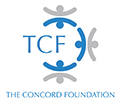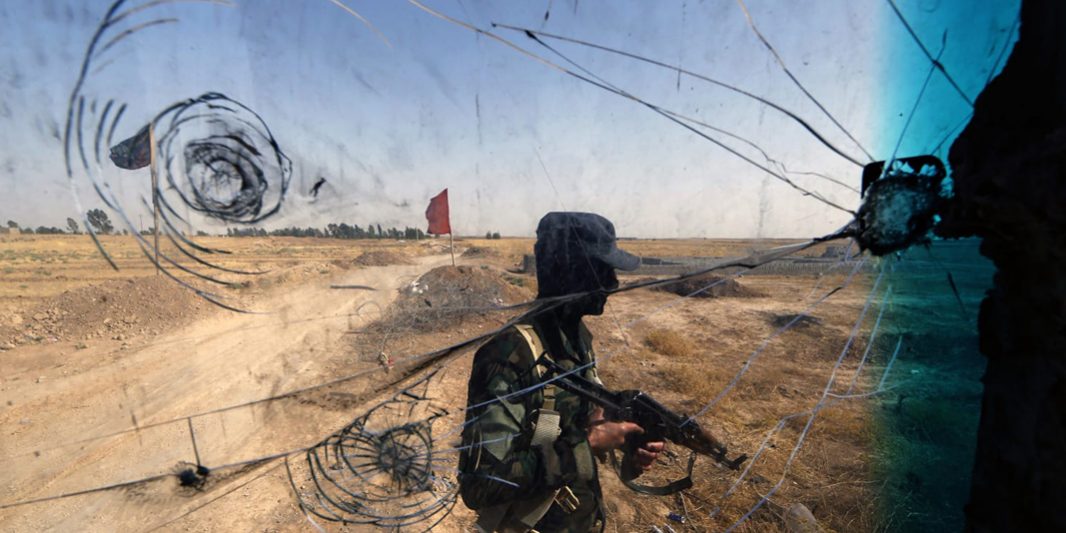An in-depth report on the inconclusive battle to take one small village exposes the weakness of the strategy to retake Mosul, Iraq’s second-biggest city.
KUDILAH, Iraq — It is April, and fighting is stalled, with part of the Iraqi army forces camped at the village of Kudilah and unable to advance because of fierce resistance and counterattacks by the so-called Islamic State. The research team that first came here in February to talk to fighters on all sides about a ferocious battle that was supposed to be over, or at least ending, is continuing its interviews. Our aim is to better understand the “will to fight.” President Barack Obama and his National Intelligence Director, James Clapper, have called this “the imponderable” that has led to an overestimation of the allied ability to degrade and destroy Islamic State forces and an underestimation of their ability to resist.
At Kudilah, fighters from the Islamic State (also known by the acronyms ISIS, ISIL, and Daesh) are pitted against Arab Sunni tribesmen along with Kurds of the Iraqi Army and the Peshmerga of the Kurdish Regional Government.
American and German military advisors and contractors planned the battle, in part, to test out the coalition of forces needed for the eventual assault on the nearby city of Mosul, the second biggest metropolis in Iraq and by far the largest population center under ISIS control anywhere.
So the Battle of Kudilah, we believed, would provide a laboratory-like setting for some of our psychological and anthropological studies looking at morale and commitment.
What is it that links the recent attacks in Paris, San Bernadino, and Brussels to this remote battle in northern Iraq that nearly everyone involved (Peshmerga, Iraqi Army, Sunni Arab) describes as the fiercest of their lives? Why do so many young people leave home and family, endure hardship and pain, to kill as many “non-believers” as possible, whether in battles along a front more than 3,000 kilometers long in Iraq and Syria or in more than 50 terror attacks in 20 countries since ISIS took Mosul and declared itself The Caliphate? And can the cobbled-together U.S. coalition of ground forces take Mosul back?
The fight over little Kudilah, which initially involved maybe 700 combatants in and around a village with only about 150 houses, may tell us a lot about the shape of things to come.
The battle was barely noted in the international press, and to the extent it was, only the initial victory over ISIS was reported, even after ISIS took Kudilah back.
What was striking was the lack of coordination and commitment among the anti-ISIS coalition versus the heartfelt determination of ISIS to hold Kudilah at all costs.
This was not our first visit to these front lines. We had done fieldwork in another village, Rwala, last year. Soon after our arrival this February, we learned it had been hit by a chlorine gas attack. ISIS often uses chemical weapons improvised or captured from one or another undeclared government stockpile. Last year it hit the village of Aliawa with 48 Katyusha-type rockets carrying mustard gas. It was impossible to know when the next rain of poison would begin.
The history and the geography in this region is vital to any understanding of the will to fight.
If you look back to August 2014—less than two years ago, it is worth noting—ISIS looked like it might just be unstoppable. It had taken Mosul in June, virtually without a fight, and now it was rolling across northern Iraq. To the south and east, its fighters crossed the Tigris River, reaching the town of Makhmour. Further north, they pushed across the Great Zab River, a Tigris tributary, at Gwer (also known as al Kuwayr).
ISIS was now within striking distance of Erbil, the capital of the Kurdish Regional Government of Iraq (KRG), a quasi-state wrenched from Saddam Hussein’s control and established in 1992 under America’s “No Fly Zone” following the first Gulf War.


